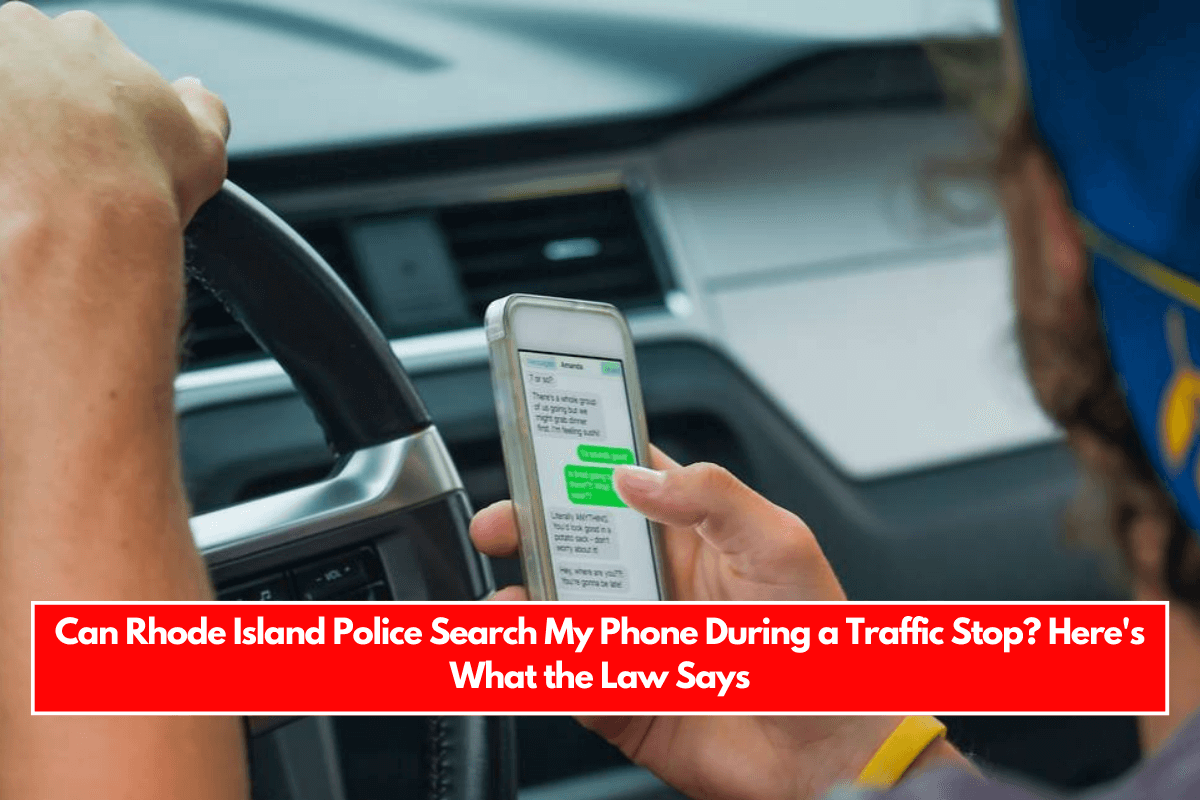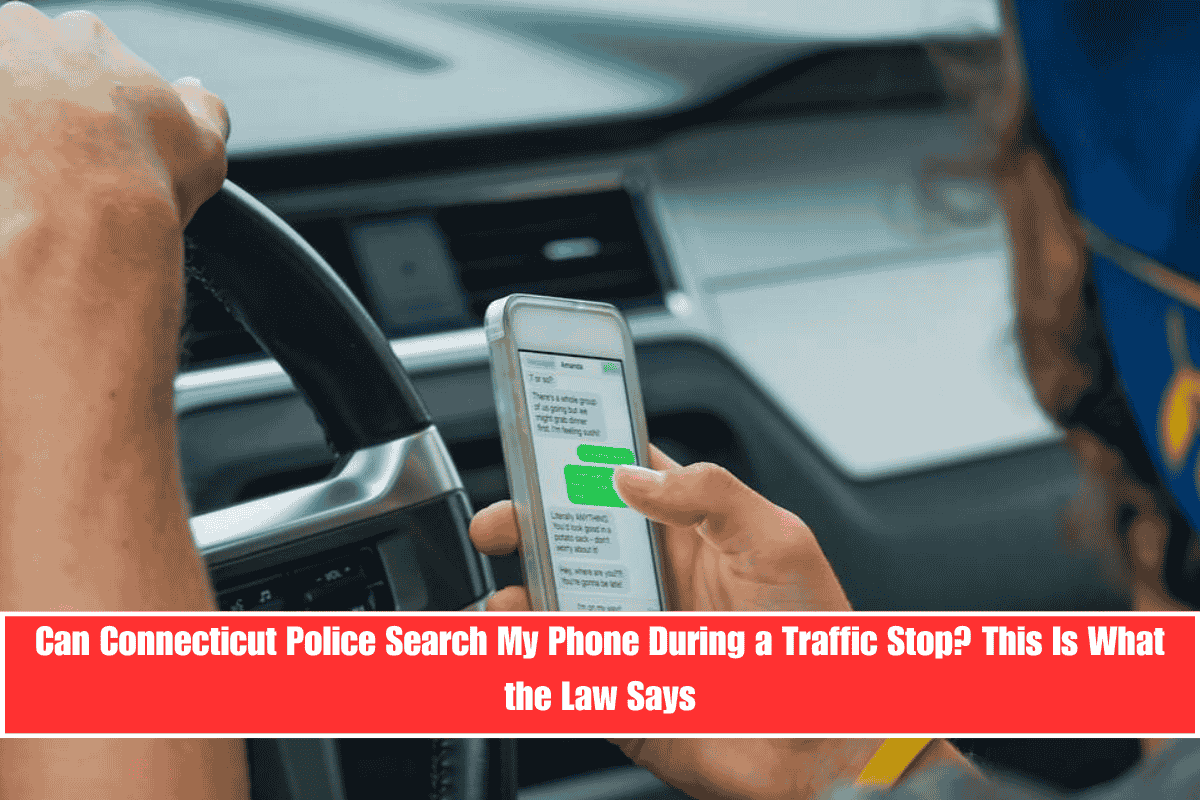In Rhode Island, the legality surrounding police searches of your phone during a traffic stop is governed by both state law and federal constitutional protections. Understanding these laws can help you navigate your rights during such encounters.
Legal Framework
Traffic Stops and Searches
According to Rhode Island General Laws, specifically Section 31-21.2-5, police officers cannot detain a vehicle beyond the time necessary to address a traffic violation. They may request a search of the vehicle only if there is reasonable suspicion or probable cause of criminal activity. This stipulation extends to searches of personal items, including phones, which are considered private property under the Fourth Amendment of the U.S. Constitution.
Warrant Requirement
The U.S. Supreme Court case Riley v. California (2014) established that law enforcement must obtain a warrant before searching a cell phone, even if the phone is seized during an arrest. This ruling underscores the expectation of privacy that individuals have regarding their digital information. Thus, unless you provide consent or exigent circumstances exist, police cannot search your phone without a warrant.
Consent and Exceptions
Consent Searches
If an officer asks to see your phone, you have the right to refuse unless you voluntarily consent to the search. If you choose to hand over your phone, this may be interpreted as consent for a full search of its contents. However, you are under no obligation to comply with such requests, and it is advisable to politely decline while providing your driver’s license and registration as required.
Exigent Circumstances
While warrants are typically required for phone searches, there are exceptions. Exigent circumstances—situations where immediate action is necessary—might allow for a warrantless search if delaying could result in the loss of evidence. However, these situations are rare and must be clearly justified by law enforcement.
Practical Advice During Traffic Stops
When stopped by police:
- Remain Calm: Keep your hands visible on the steering wheel.
- Provide Required Documents: Hand over your driver’s license and registration without reaching for your phone.
- Politely Decline Phone Searches: If asked for your phone, you can refuse consent. You might say, “I do not consent to any searches.”
- Know Your Rights: You have the right to remain silent and not answer questions beyond providing identification.
If you believe your rights were violated during a traffic stop or if evidence was obtained unlawfully, it is crucial to document the encounter and seek legal counsel. Evidence gathered through illegal searches is generally inadmissible in court, which can lead to reduced charges or dismissals.
Rhode Island law protects individuals from unwarranted searches of their phones during traffic stops unless there is probable cause or consent given. Understanding these rights can empower individuals during interactions with law enforcement and help ensure that their constitutional protections are upheld.
Sources:
[1] https://www.davidyannetti.com/articles/do-i-have-to-give-police-access-to-my-phone-during-a-traffic-stop/
[2] https://www.providenceri.gov/wp-content/uploads/2021/07/330.03-Search-Seizure.pdf
[3] https://www.govtech.com/public-safety/can-police-search-your-phone-during-a-traffic-stop















